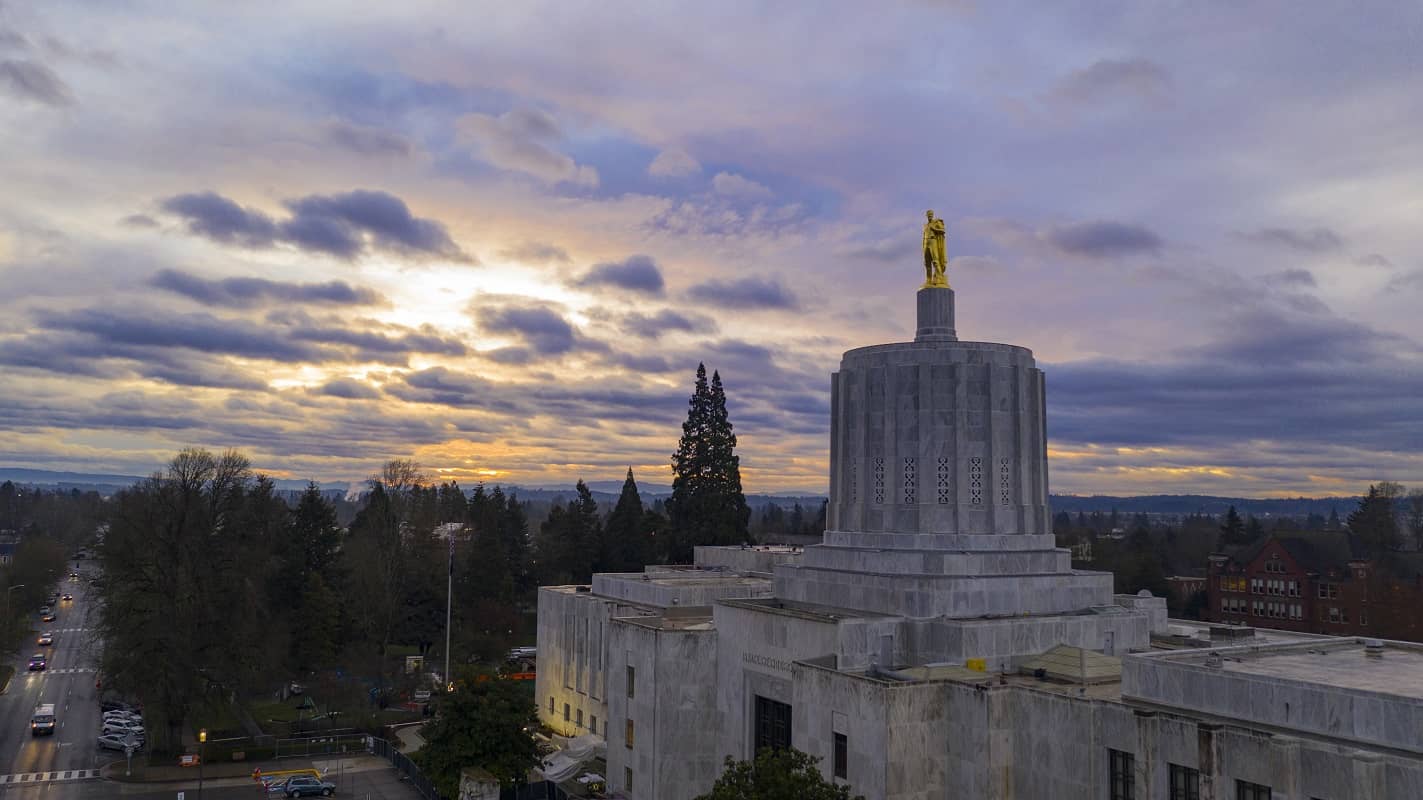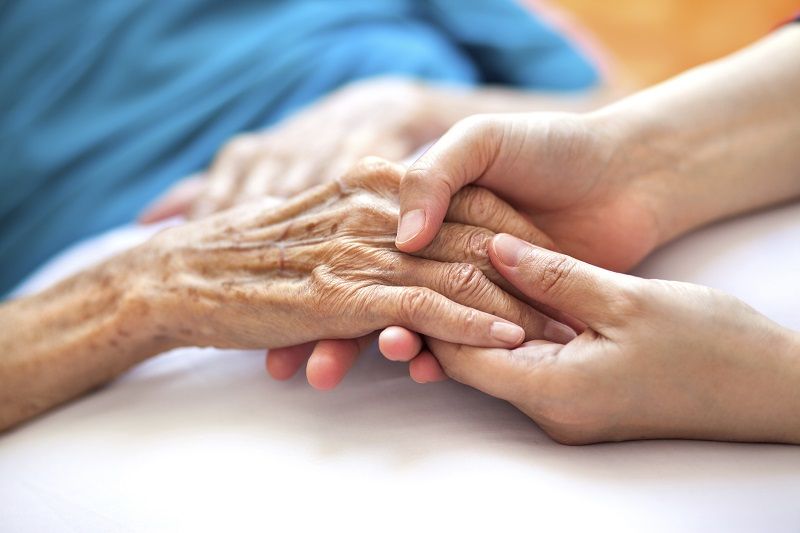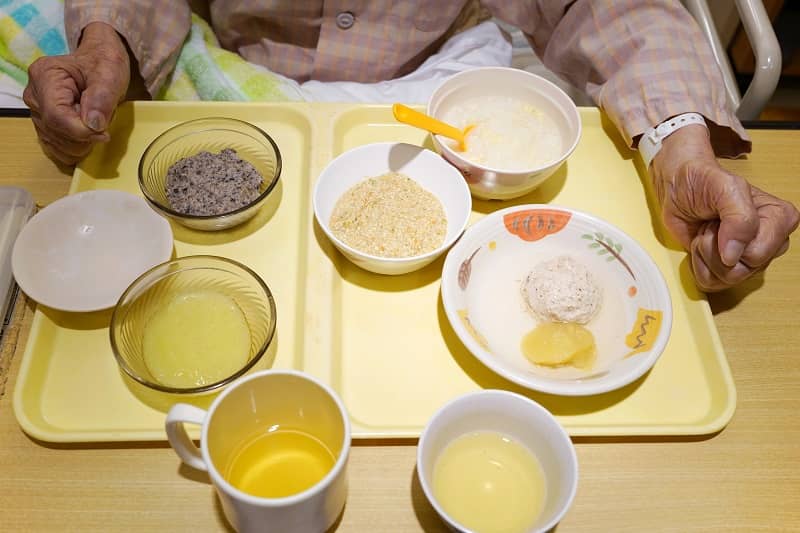By Rebecca Phillips
Have you ever heard of someone waiting 18 months to get an MRI?
It’s a frequent scenario in Canada, a country that is noticeably free in most respects. The exception is health care, which is controlled by the government.
But waiting 18 months for an MRI rarely happens in the United States. In fact, I’d go out on a limb and say it’s never happened in the United States…yet. This week, a crucial event is taking place whose outcome very well could be the difference between waiting 18 months or 18 minutes for an MRI. The United States Supreme Court has begun to hear the long-awaited arguments on the Patient Protection and Affordable Care Act, popularly known as “Obamacare.” The Court is expected to rule in June.
It may be easy for college students to support Obamacare based on the idea that free health coverage for those who currently can’t afford it is a good thing or even a “right.” But according to John R. Graham, Director of Healthcare Studies at Pacific Research Institute, there’s poison in that prescription.
“A ‘right’ to healthcare is a positive freedom,” Graham said, “meaning that people (doctors, nurses, etc.) must give things to you for free. That requires government enforcement.”
In other words, the federal government takes control of your access to health care. It may sound harmless at first, but there is real-world evidence to suggest otherwise. Graham highlighted Canada, where the government has controlled access to health care for the past 40 years. The goal was to grant equal access to health care. The reality is equal denial. There is a lack of access to health care resources across the board. Patients have extreme difficulty seeing a specialist or even a primary care physician. OB/GYNs hardly exist. And receiving tests or treatments often takes exorbitant amounts of time.
Under Obamacare, these inefficiencies will become a very real threat to our own access to health care. “Obamacare is not an equilibrium,” explained Graham. “Government will need – and want – more control. It would eventually become a single-payer system.”
In college, with tests and parties and internships occupying your time, it can be difficult to envision the impact Obamacare would have on your immediate and long-term future. But college students, of all demographics, should be among the most concerned. Obamacare places a huge financial burden on businesses through taxes tying up funds that otherwise could be used to hire or to invest. If you think it’s difficult to find a job now, it will be significantly more difficult under Obamacare’s full implementation. Free health care sounds nice right now, but will it retain its luster when so many students have degrees and student loans but no job because businesses can’t afford to hire?
Ironically, one only has to look at the medical field for evidence. As Graham pointed out, these medical industries already suffer from heavy taxes – so much so that layoffs are gaining prevalence in medical professions from clinicians to research scientists. Students looking to enter the medical field will face an even bleaker job market under Obamacare.
There’s also your own health to consider. Forty or fifty years from now, you likely will need more substantial medical care than you have needed in your teens and twenties. Will you want to face the same time and resource constraints that accompany government-controlled access to health care? Even 10 years from now, you may hesitate to start a family because specialized prenatal and OB/GYN care isn’t as readily available.
A “right” to health care may sound like a good idea, but what about the government having a “right” to tell you what you do or do not have access to – whether that’s medical care, a job, or a family? It has been said that a government big enough to give you everything you want is big enough to take away everything you have. Obamacare may force providers to expand their coverage on paper, but no one can promise you will get the treatment you need or the services you want – just look at Canada.
In the real economy, there is no such thing as “free” – it’s paid for by someone or not provided at all. When we cede individual control of our health care decisions to the government, the government decides who pays for what care, how much they will pay, who will get benefits, and when they will get treatment. When you are waiting 18 months for an MRI, the cost of “free” will be awfully high.
Rebecca Phillips is Student Freedom Project Coordinator at the Freedom Foundation in Olympia, Washington. She is a recent graduate of Berry College, Georgia, and a guest contributor for Cascade Policy Institute, Oregon’s free market public policy research center.











